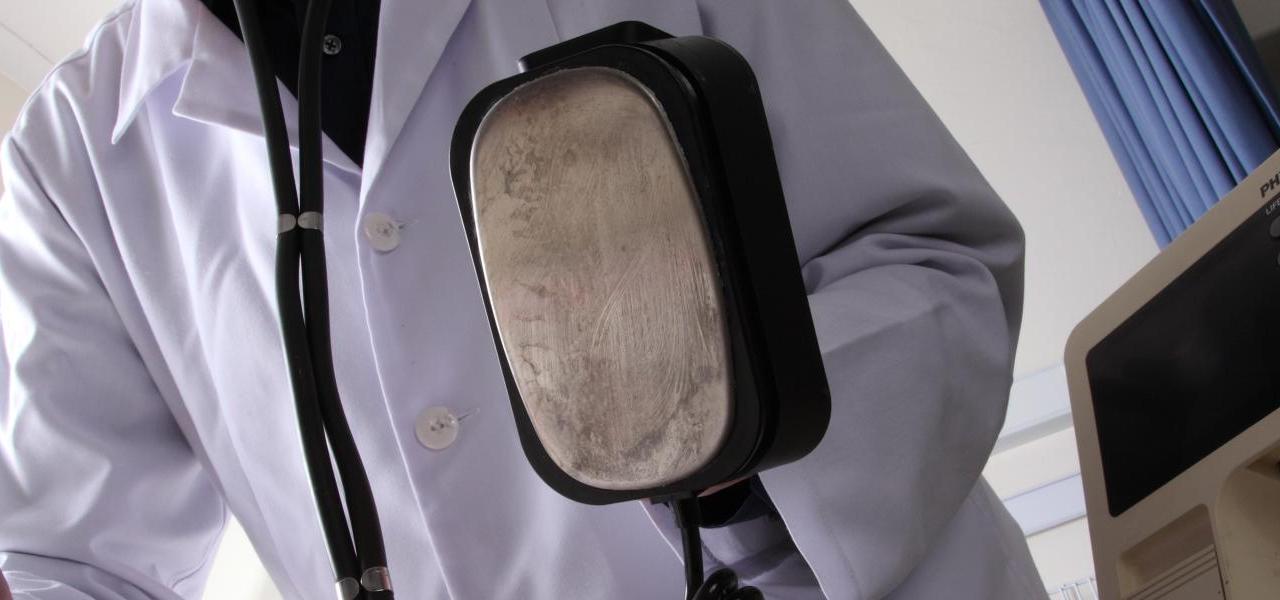
The Importance of Defibrillator Testing
 Defibrillators are critical in saving lives in emergencies such as sudden cardiac arrest and dangerous irregular heart rhythms (ventricular tachycardia, etc.). What if the devices aren't working properly? The results can be seriously harmful or even fatal. Read on to learn more about the importance of defibrillator testing and how it can save your life.
Defibrillators are critical in saving lives in emergencies such as sudden cardiac arrest and dangerous irregular heart rhythms (ventricular tachycardia, etc.). What if the devices aren't working properly? The results can be seriously harmful or even fatal. Read on to learn more about the importance of defibrillator testing and how it can save your life.
What is a Defibrillator?
A defibrillator is an electronic device that automates the delivery of an electric shock to the heart to restore its normal rhythm. It can be life-saving, but only if it's ready for action when needed.
Why is defibrillator testing important?
One of the most important things to do when testing a defibrillator is to ensure that its compliance to safety standards is up to par with industry standards. The primary thing you can ensure is that your equipment meets the minimum performance and safety requirements laid down in the standards or the manufacturer’s specification and testing procedures.
The best way to make sure your Defibrillator is functioning properly is to test it periodically (e.g., following its manufacturer’s recommended interval or every six months}. The testing procedure is specified in the service manual for the particular model. More generic test procedures may be followed when the one from the manufacturer is not available or not provided.
How Defibrillators help patients and staff?
The AED- automated external defibrillator is a special portable device that identifies, and can be used to correct life-threatening arrhythmias. Giving CPR (cardiopulmonary resuscitation) in between shocks increases the likelihood of survival. It is a great lifesaving tool for patients, staff (and even un-trained individuals).
An AED is specifically designed to allow a non-specialist to deliver life-saving therapy and coach such a person to perform CPR when required. It has a clear voice command, which guides the user at each step of the process and prepares the user for the next step as well.
How Fluke Biomedical testing equipment is being used to ensure optimal patient safety!
A defibrillator analyzer ensures optimal operation and performance of defibrillators (including AEDs). Depending on the type of tester, defibrillator analyzers consist of different features required for the particular equipment.
 It is important to comply with the manufacturer’s specifications for regular defibrillator testing to ensure the device operates accurately. Such analyzers measure the output energy delivered by the defibrillator. They may automate the inspection and preventive maintenance testing of defibrillators. They must test at least five basic defibrillator performance features: charge time, discharge energy, synchronized-mode operation, ECG monitoring, and automated external defibrillation functionality. Fluke biomedical has developed a solution to analyze defibrillator functionality to ensure minimum performance and safety. The analyzer is rugged, and portable. Fluke Biomedical defibrillator analyzers are in use worldwide by biomedical engineers to ensure safe and effective performance to specifications and standards. This helps keep patient safer.
It is important to comply with the manufacturer’s specifications for regular defibrillator testing to ensure the device operates accurately. Such analyzers measure the output energy delivered by the defibrillator. They may automate the inspection and preventive maintenance testing of defibrillators. They must test at least five basic defibrillator performance features: charge time, discharge energy, synchronized-mode operation, ECG monitoring, and automated external defibrillation functionality. Fluke biomedical has developed a solution to analyze defibrillator functionality to ensure minimum performance and safety. The analyzer is rugged, and portable. Fluke Biomedical defibrillator analyzers are in use worldwide by biomedical engineers to ensure safe and effective performance to specifications and standards. This helps keep patient safer.
Feel free to contact us for more information about the importance of analyzing defibrillators and how fluke biomedical software can help you conduct successful tests so that your facility remains operational without any disturbances.